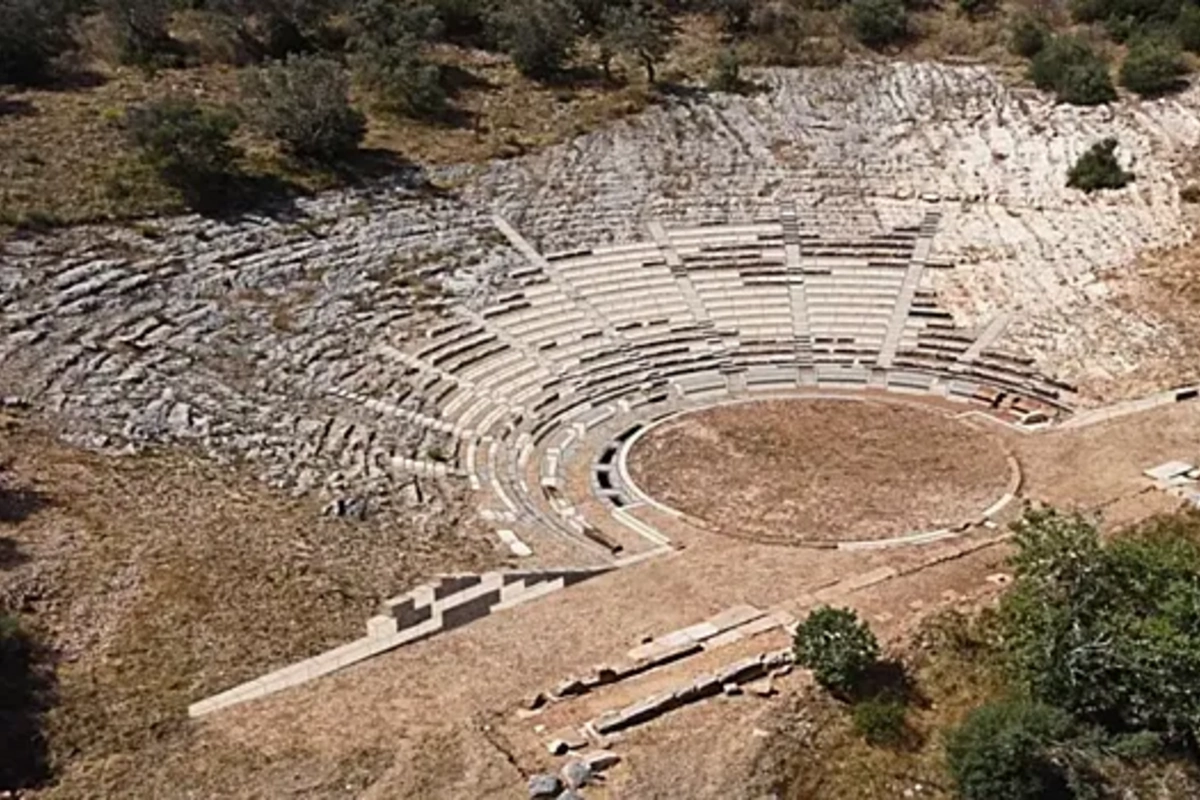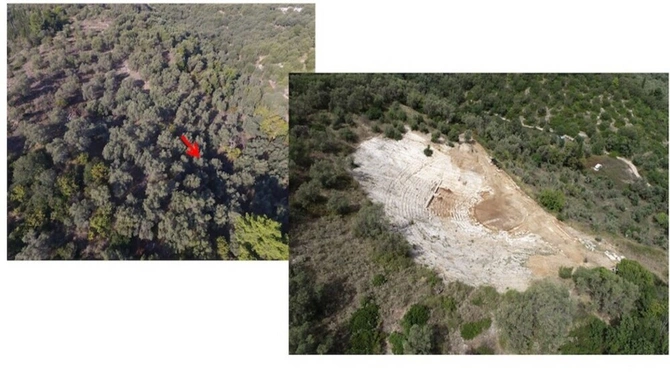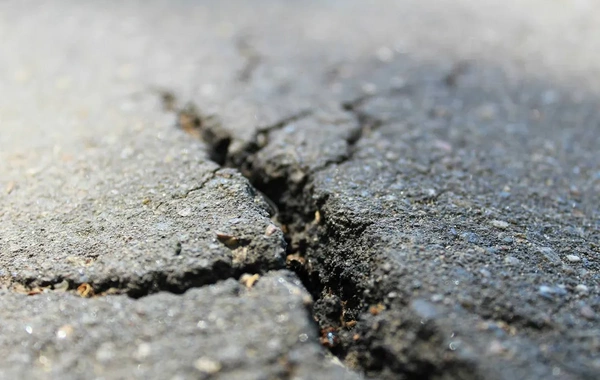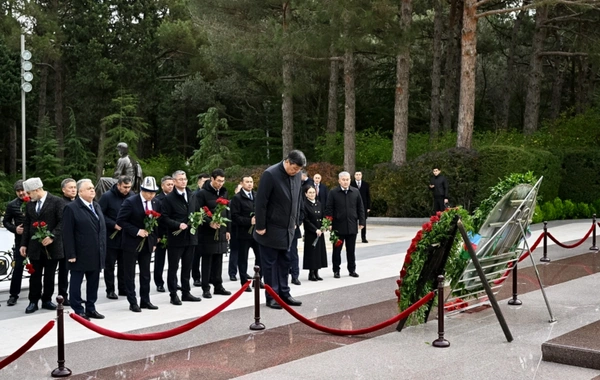A 2700-year-old theater found on Greek island

On the picturesque Greek island of Lefkada, archaeologists have made an amazing discovery - an ancient Greek theater that remained hidden from researchers for centuries. Excavations on Koulmos hill, which began in 2015, confirmed the existence of an impressive amphitheater with rows of seats, an orchestra area, and supporting stage walls, according to a press release from the Greek Ministry of Culture.
Large-scale archaeological work revealed a cavea (auditorium) with 21 rows of seats, presumably divided by a horizontal passage - a diazoma, above which there were three more rows. Scientists identified the side walls of the cavea, the distance between which varied from 20 to 28 meters. Although the construction of the theater apparently was not completed, specialists calculated that it could accommodate about 3,500 spectators. If construction had been fully completed, the capacity could have reached an impressive 10,000-11,000 people.
The real gem of the find was the orchestra - a circular area with a diameter of 16.65 meters, skillfully carved into the rock and framed by a stone frame. It was here that the chorus and actors performed in ancient times. Archaeologists also discovered fragments of the stage area: parts of sandstone columns and architraves that once belonged to the Ionic facade of the loggia (external gallery), which was supported by 16 columns, with ramps on the sides.
Among the most valuable finds are three stone thrones with exquisite carvings depicting dolphins, birds, and lion's paws. These luxurious seats were probably intended for honored guests - priests or high-ranking city officials.
Based on the traces left by time, scientists suggest that the theater underwent changes but was eventually abandoned. This happened after 31 BCE when Roman Emperor Augustus founded a new city - Nicopolis, where the inhabitants of Lefkada were relocated. After the decline of the ancient polis, buildings, including the theater, were partially dismantled and used as building materials.
Despite the damage caused by agricultural activities and merciless time, the lower parts of the theater have been preserved in good condition. To date, a conservation study of this unique monument has already been completed, a co-financing program has been proposed, and the project is awaiting approval for inclusion in the Greek state cultural development program.

Similar News
An earthquake has occurred in an American state
A powerful earthquake with a magnitude of 7.0 was recorded in the American state of Alaska, as reported by specialists from the US Geological Survey. As reporte...




 Azərbaycanca
Azərbaycanca  По-русски
По-русски  English
English 






